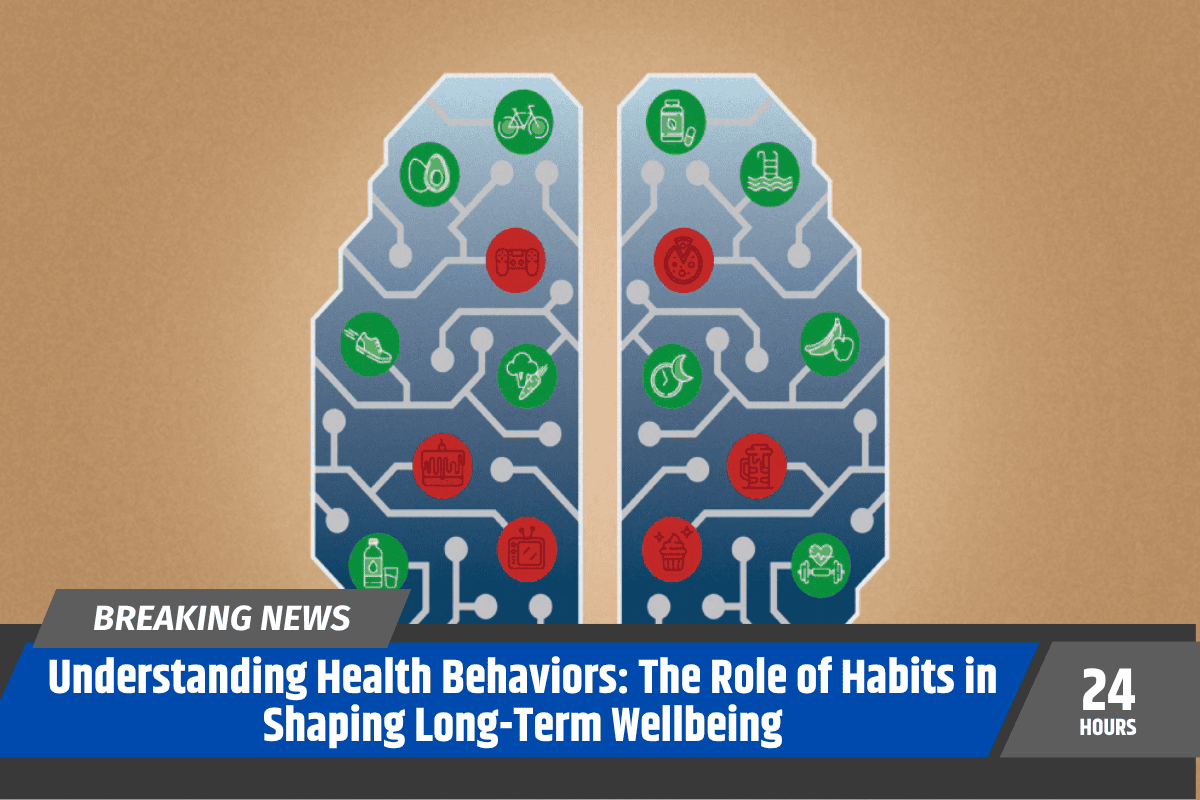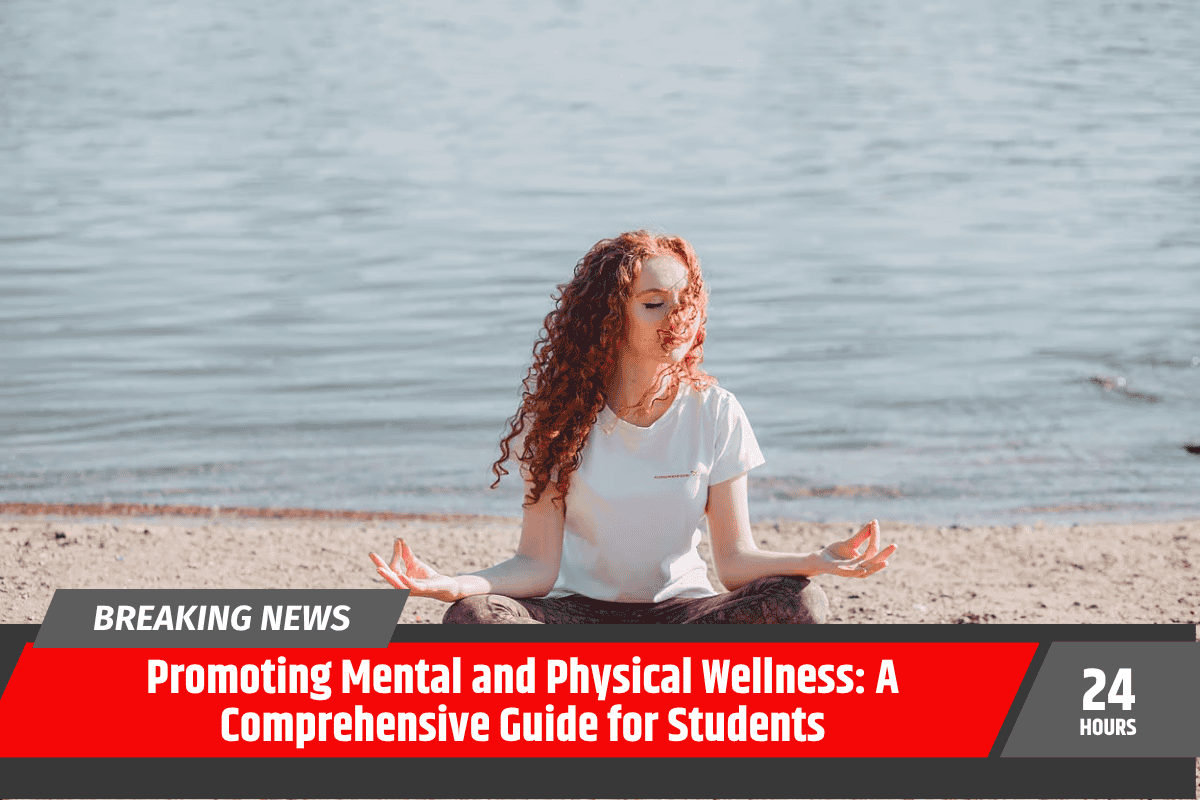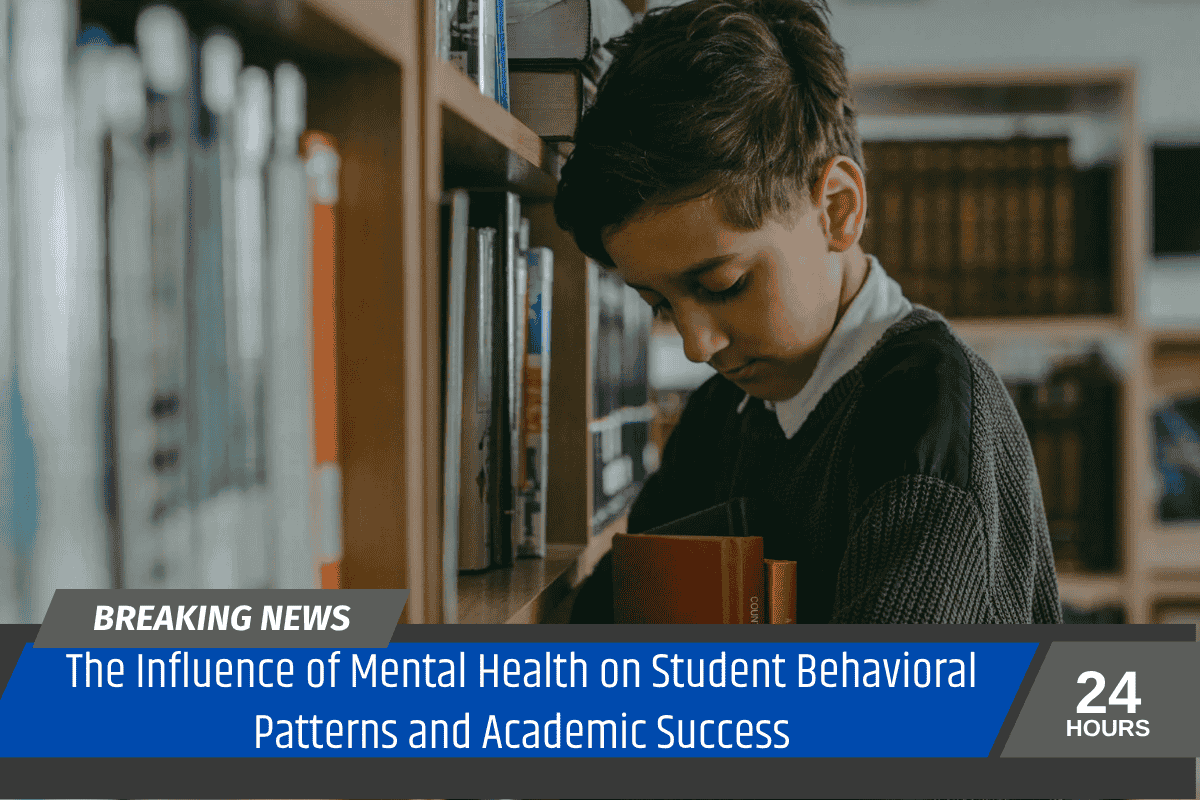In today’s fast-paced world, students are under more pressure than ever. From academic stress and peer pressure to family expectations and social media, their minds are constantly juggling multiple worries.
This often affects their mental health, which in turn can lead to noticeable changes in their behaviour. Understanding this link is important for parents, teachers, and even students themselves.
What is Student Mental Health?
Student mental health refers to how students think, feel, and handle stress in their school life. It includes their emotional well-being, ability to focus, and how they deal with challenges or failure.
Good mental health helps students enjoy learning, build strong relationships, and feel confident. But when mental health suffers, it can lead to problems like anxiety, depression, or mood swings.
Common Causes of Mental Health Issues in Students
Many things can affect a student’s mental health. Academic pressure is one of the biggest reasons. Exams, deadlines, and the fear of failure can make students feel anxious or hopeless.
Family problems, such as lack of support or financial stress, also play a big role. Bullying, social isolation, and the influence of social media can lower self-esteem and make students feel left out or unworthy.
In recent years, the COVID-19 pandemic also added new mental challenges, like online learning stress and being stuck at home. These situations have made it clear how quickly student mental health can decline if not taken seriously.
How Mental Health Affects Student Behaviour
When students face mental health issues, it often shows in their behaviour. They may become quiet, stop attending classes, or lose interest in studies. Some students may become angry, aggressive, or easily irritated.
Others may sleep too much or too little, eat more or less than usual, or withdraw from friends and family.
Changes like skipping school, not completing assignments, or losing focus in class are not always signs of laziness. They might be a student’s silent cry for help. Sometimes, even small signs can point to deeper mental health struggles.
The Role of Teachers and Parents
Teachers and parents have a key role in noticing and supporting students during tough times. They should look out for signs like sudden mood changes, low energy, or dropping grades. Listening to students, showing care, and creating a safe environment can make a big difference.
Schools can also help by offering counselling services, stress-relief programs, or mental health workshops. When students feel supported, they are more likely to open up and seek help.
Building a Healthy Mental Space for Students
To protect student mental health, it’s important to build a balance between studies and rest. Students should be encouraged to take breaks, get enough sleep, and eat healthy. Physical activity, hobbies, and time with friends and family help reduce stress.
Also, students should be taught how to manage time and emotions. Practising gratitude, meditation, or simply talking about their feelings can help keep their minds calm and clear.
Mental health is just as important as physical health. When students struggle mentally, it often shows in their actions. By understanding this link, we can better support young people in their journey.
When students feel mentally strong, they behave positively, perform better, and enjoy learning more. It’s time we all work together to create a safe and healthy space where students can grow, not just academically, but emotionally too.





